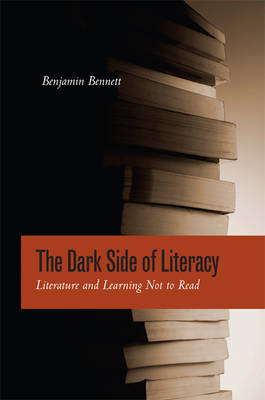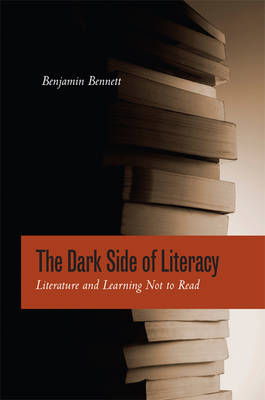
- Afhalen na 1 uur in een winkel met voorraad
- Gratis thuislevering in België vanaf € 30
- Ruim aanbod met 7 miljoen producten
- Afhalen na 1 uur in een winkel met voorraad
- Gratis thuislevering in België vanaf € 30
- Ruim aanbod met 7 miljoen producten
Omschrijving
Reading is good for us. The reading of literature, we are told, enlarges our horizons, extends our experience beyond our own lives. But the moral and political dangers that attend the association of reading with experience have long been understood. And is that association even valid? What if precisely our most important literary texts are constructed so as to challenge or disrupt it?
This book is a radical criticism of the concept of "reading," especially of the concept of "the" reader, as commonly used in literary criticism. Bennett starts with the point that "reading" does not name a single, identifiable type of experience or class of experiences. Her then sketches in broad terms the historical provenance of "the" reader, in an argument that includes discussions of Dante, Boccaccio, Cervantes, Marlowe, and German idealist philosophy.
In two concluding chapters on modern German novellas, he suggests that most major European literary works since the eighteenth century are written in direct opposition to the central concepts by which criticism has sought to lay hold of them.
Specificaties
Betrokkenen
- Auteur(s):
- Uitgeverij:
Inhoud
- Aantal bladzijden:
- 300
- Taal:
- Engels
Eigenschappen
- Productcode (EAN):
- 9780823229161
- Verschijningsdatum:
- 14/11/2008
- Uitvoering:
- Hardcover
- Formaat:
- Genaaid
- Afmetingen:
- 161 mm x 224 mm
- Gewicht:
- 630 g

Alleen bij Standaard Boekhandel
Beoordelingen
We publiceren alleen reviews die voldoen aan de voorwaarden voor reviews. Bekijk onze voorwaarden voor reviews.











